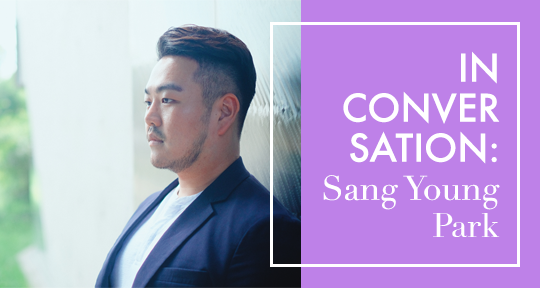In India, the country mourns the loss of Kerala’s groundbreaking tribal novelist. In Hong Kong, a genre-bending poet is being celebrated across the nation. And in Sweden, two talented writers have won the prestigious Klas de Vylder’s Grant Fund for Immigrant Writers. Read on to find out more!
Suhasini Patni, Editor-at-Large, reporting from India
On August 16, India’s first tribal novelist Narayan passed away in Kochi. Born in the Mala Araya tribe in Kerala, Narayan gained nationwide recognition for his book Kocharethi (1998), which won the Kerala Sahitya Akademi award. The book was a way to counter the misrepresentations of his community from outsiders, and Narayan struggled for ten years to find a publisher willing to release it; despite critical acclaim, many complained his work lacked literary merit. Translator Catherine Thankamma, who translated the text into English—winning the Crossword Book Award for it—wrote a tribute to him for Scroll.in. Her tribute honors the struggles and biases he faced in the literary world.
August has seen many new releases in translation. A significant one is Satya Vyas’s Banaras Talkies, translated from Hindi by Himadri Agarwal. A campus novel, the book is centered around three law students from Banaras Hindu University. The translation was facilitated by Ashoka Centre for Translation from Ashoka University, where Agarwal graduated from. According to Mohini Gupta’s review, “The Hindi novel seamlessly accesses Bhojpuri and English words and phrases and the translation captures these linguistic variations beautifully.”
Many translators in India are also turning to writing fiction. Aruna Chakravarti, winner of the Sahitya Akademi award for her translation of Sarat Chandra’s Srikanta, is known for her dedication to Bengali literature. Her first translation, Tagore: Songs Rendered into English, came out in 1984, and her critically acclaimed novels explore the lives of women in the household of Rabindranath Tagore. Her latest book, The Mendicant Prince, explores the Bhawal case—an extended court case from 1920-46 about a man claiming to be the prince of Bhawal. An excerpt of the book can be read here. READ MORE…













